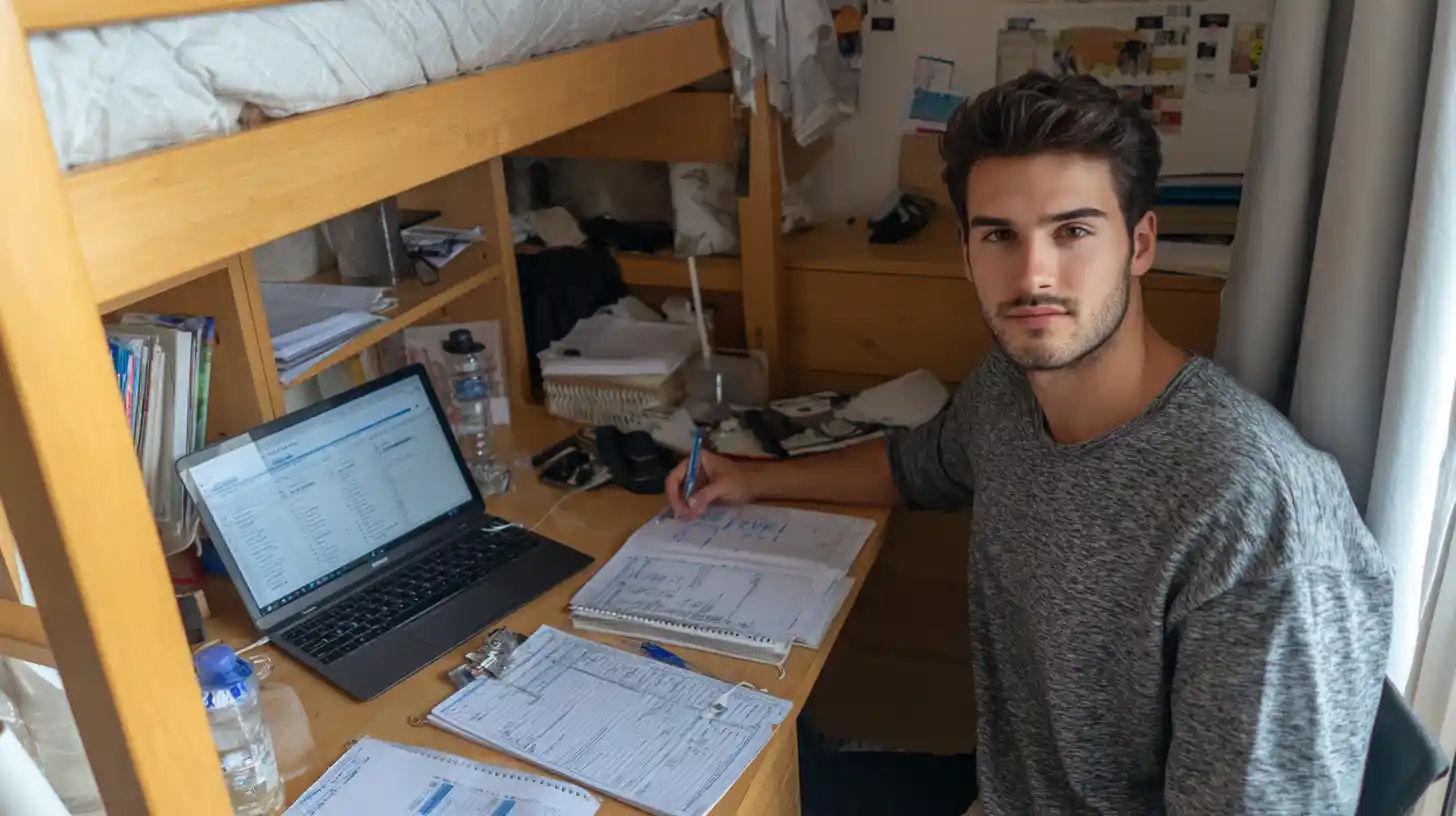Why you still need your own emergency safety net
Even with university or community help, the reality is that emergency funds can’t cover every crisis. That’s why building your own backup plan matters:
- Start small: A personal emergency fund doesn’t need to be huge. Even a few hundred dollars can make a big difference when you’re far from home. Get started with budgeting for university students.
- Prioritize high-risk costs: Think about what would derail your studies fastest – like visa renewal fees or housing deposits – and build a cushion for those.
- Blend with bigger financial support: Use scholarships, assistantships and international student aid as your foundation. Then supplement with personal savings and, if needed, small personal loans for international students for real emergencies only.
This layered approach means you’re never fully at the mercy of one funding source – essential when you’re managing school, work and life in a new country.
MPOWER Financing’s perspective: Seeing the whole picture, not just a loan
MPOWER Financing understands that for international postgraduates, financial health isn’t just about tuition – it’s about resilience. Here’s how MPOWER supports that:
Rather than focusing solely on big loan amounts, MPOWER’s approach encourages students to think ahead about emergencies and how funding choices affect their stability. MPOWER knows that small, flexible support in a crisis can be just as crucial as large, long-term loans.
MPOWER’s Path2Success program includes real-world resources like:
- Budgeting workshops: Because managing money as an international student is about more than rates and repayments
- Career coaching that factors in real-world costs: Helping you map out income opportunities during optional practical training (OPT) or STEM OPT, so you’re never one step away from a funding crisis
- No cosigner, no collateral approach: Making sure that even when things go wrong, you have access to funding that’s built for your situation – not someone else’s credit history
MPOWER’s private loans for international students aren’t just about paying for school. They’re about building a framework that can handle the unexpected – because thriving in the U.S. is about more than making tuition payments on time.


